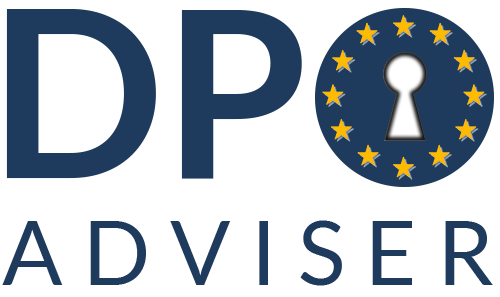
The Article in 60 Seconds
The California Attorney General (“CAG”) published, in its notice of modifications to the proposed CCPA regulations, a requirement that online privacy disclosures be—reasonably accessible—to consumers with disabilities.
Notably, the CAG clarified that reasonable accessibility means that businesses must comply with “generally recognized industry standards,” such as the Web Content Accessibility Guidelines (WCAG), version 2.1, the international standard for website accessibility for disabled persons.
Practically speaking, CCPA-covered businesses should take action to ensure that privacy policies and opt-out forms are sufficiently accessible to consumers with disabilities.
Why is web accessibility a problem?
Technology has transformed our world and our daily lives. It has created amazing tools and resources, putting useful information right at our fingertips. The ability to quickly search the internet has allowed people to perform tasks easier, faster, and better. But, not for everybody.
According to the United Nations, around 15 percent of the world’s population, or 1 billion people, live with disabilities. And today, persons with disabilities face accessibility barriers across many of the websites they visit.
How does web accessibility impact privacy under the CCPA?
Web accessibility is required for disabled consumers to exercise their CCPA privacy rights. Take, for example, a disabled consumer submits a request to company A to opt-out of the sale of personal information and have their personal information be deleted. To exercise these rights, the disabled consumer must have access to Company A’s website and be able to complete the online request form.
What is California doing to protect disabled consumers?
To ensure disabled consumers can exercise their privacy rights across the web, the CAG, on February 7th included within its published notice of modifications to the proposed CCPA regulations a requirement that privacy policies and online notices be—reasonably accessible—to consumers with disabilities.
What are the guidelines for determining reasonable accessibility?
The Attorney General helped clarify the reasonable accessibility standard by recommending that businesses with online notices comply with the Web Content Accessibility Guidelines (WCAG), version 2.1. The WCAG is the international standard for web accessibility for people with disabilities. These guidelines require businesses to provide web accessibility tools such as, for example, providing sufficient contrast for non-text elements such as buttons or icons as well as offer the ability to resize content up to 200%.
Ready to try our website accessibility tools?
At DPO Adviser, we strive to make all our content and services accessible to all clients and users. That is why we have added the accessibility widget tool at the top right of the page.
By clicking on the widget, users can control, among other things, the level of contrast between the content and background, along with the ability to increase or decrease the size of the text. These are just an example of some of the features that can help break down the digital barriers confronting consumers with disabilities.
What’s next?
The final regulations will likely require businesses to comply with “generally recognized industry standards” for digital accessibility. And for industry standard, the Attorney General recommended, and reminded readers on four occasions in the proposed text, that businesses with online notices comply with the Web Content Accessibility Guidelines (WCAG), version 2.1.
With the July 1 enforcement date quickly approaching, CCPA-covered businesses should take action to ensure that their privacy policies and opt-out forms are sufficiently accessible to consumers with disabilities. Are you ready to take action and jumpstart your path to CCPA compliance? Schedule an appointment for a time that works best for you. We look forward to hearing from you.
